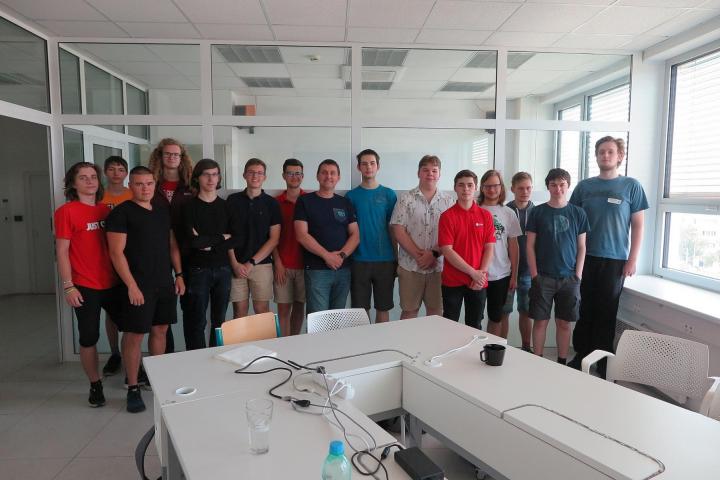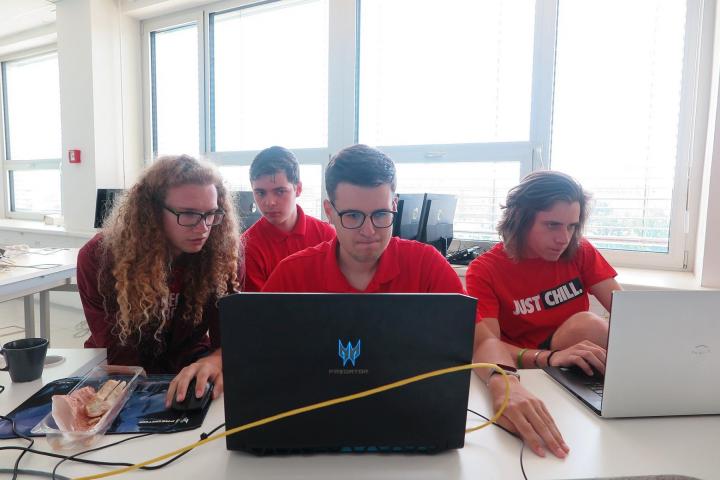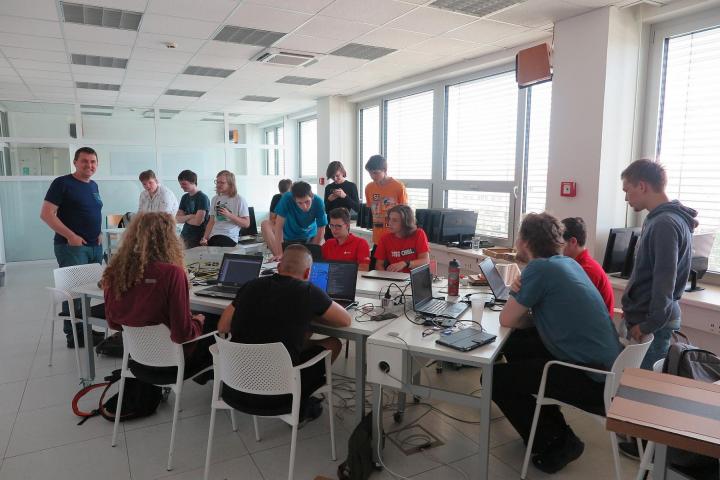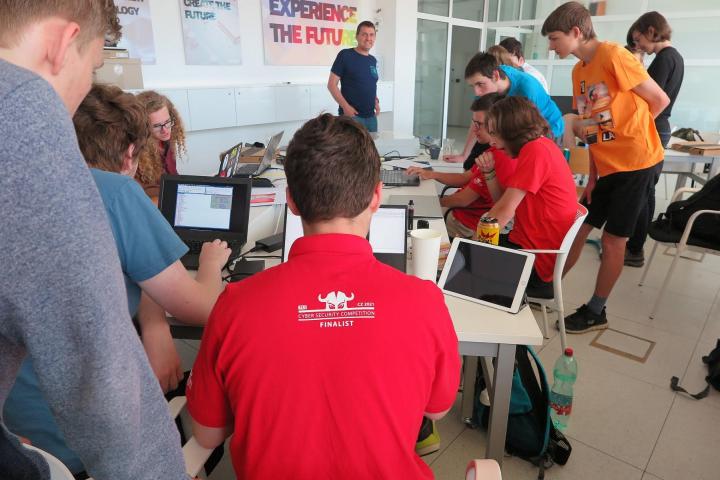
The analysis of network traffic or malware or solving encrypted text are the dominant tasks of the professional program prepared by experts from the organizing FEL CTU in cooperation with other state and professional organizations. The talented students are both gaining knowledge and strengthening their skills of teamwork during the intensive activities. They will be used first hand by the selected ten of them, who will represent the Czech Republic at this year's European Cyber Security Challenge finals in Vienna from 13 to 16 September. The finalists will emerge from the wider team after the following meeting at the Brno universities.
"It is the cream of the cream of the most promising ethical hackers who have successfully passed three rounds of the cybersecurity competition. This year, nearly five and a half thousand students from secondary, university and even primary schools took part in the competition," says Dr. Jaroslav Burčík, head of the Centre for Cyber Security at the Faculty of Electrical Engineering and vice-chairman of the Czech High School Cyber Security Competition.
Cybersecurity is not taught as a subject in Czech schools, so the high level of participants is the result of their active interest in the field and their personal prerequisites. "Here, school knowledge does not suffice, so students spend their evenings studying networks, databases and protocols and looking for weaknesses in computer systems. It is their hobby, where they learn to study foreign sources independently and apply their competences well," explains Jaroslav Burčík, the main organiser of the Prague camp.
In previous years of the competition, students from secondary grammar schools have been more successful, which is probably related to bigger focus on mathematics. The connection to programming is more difficult to decipher, as each of the participants in the Summer School Cyber Competition is already using somekind of programming language. As Dr. Burčík says, scripting and programming is the foundation of cybersecurity. The students know coding perfectly, without it they would not have succeeded in this field.
Beyond the professional training of the camp participants, the education to behave in accordance with the code of ethics is a standalone subject. "The expertise in which they are trained is a powerful tool and it is important to impress upon them that fair play pays and that ethical behaviour leads to professional success and good financial reward," Jaroslav Burčík sums up the principles of ethical hacking. He is pleased that this year's participants include several students who are involved in awareness-raising activities and, for example, lead interest groups.


